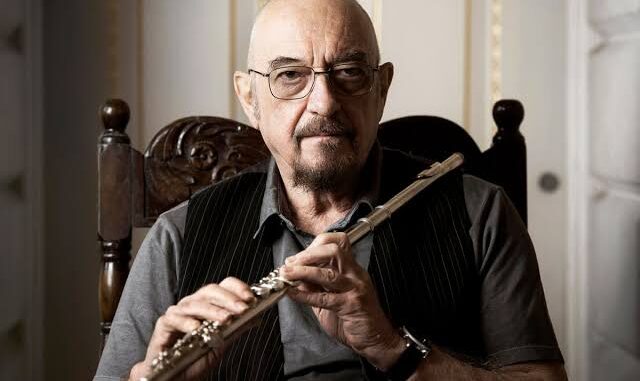
The dissolution of Jethro Tull in 2012 marked a significant turning point in the band’s history, leading to a rift between its founding members, Ian Anderson and Martin Barre. While Anderson has not publicly accused Barre of ending the band due to pride and ego, the circumstances surrounding the split have been a topic of discussion among fans and the musicians themselves.
In a 2012 interview, Anderson addressed the dynamics of working with various musicians over the years, emphasizing the natural evolution of relationships within the band. He stated, “It’s not as cynical or crafty as ‘getting rid’ of guys. I have relationships. You come to enjoy oftentimes passionate friendships with other musicians whom you find productive for a while but sometimes you go into it knowing this is not going to be forever.”
On the other hand, Martin Barre has been vocal about his feelings regarding the band’s end. He described Anderson’s decision to disband Jethro Tull as the “worst business decision that was ever made in the history of Jethro Tull.” Barre recounted the moment during a U.S. tour in 2011 when Anderson informed him and drummer Doane Perry of his decision. Barre recalled, “Me and Doane were just speechless, really, because Ian has always been a very careful, planned-out person, he knows exactly what he wants and what he’s gonna do. It was a very abrupt ending for me and Doane.”
The tension between the two musicians became more evident when Anderson released “Thick As A Brick 2” without involving Barre. This move surprised many fans, especially since Barre had been a significant part of the band’s sound for decades. In response to inquiries about Barre’s absence, Anderson explained that he had been working on a new project and did not want to pursue it under the Jethro Tull banner. He mentioned discussing 2012 plans with Barre and Perry, indicating that they were aware of his intentions.
Barre, reflecting on the band’s dynamics before the split, noted that Jethro Tull had become “very lethargic” and that their sets were becoming repetitive. He expressed a desire for change and innovation within the group, suggesting that there was resistance to new ideas. Despite the abrupt end, Barre acknowledged that the decision pushed him to explore his own musical endeavors.
Since the split, both musicians have pursued separate paths. Anderson has continued to perform under his own name, occasionally revisiting Jethro Tull’s repertoire, while Barre has focused on his solo career, celebrating the band’s legacy through his own interpretations. The possibility of a reunion remains uncertain. When asked about the potential for reuniting, Barre expressed doubts, stating, “It’d be very, very difficult for me.”
The legacy of Jethro Tull is undeniably rich, with albums like “Aqualung” cementing their place in rock history. While it’s speculative to say whether the band could have produced hits surpassing “Aqualung” had they continued together, the individual talents of Anderson and Barre have left an indelible mark on the music world.
In conclusion, while there is no public record of Ian Anderson explicitly blaming Martin Barre’s pride and ego for ending Jethro Tull, the differing perspectives and decisions of both musicians played a role in the band’s dissolution. Their subsequent solo endeavors reflect their personal artistic directions, contributing uniquely to the legacy of Jethro Tull.